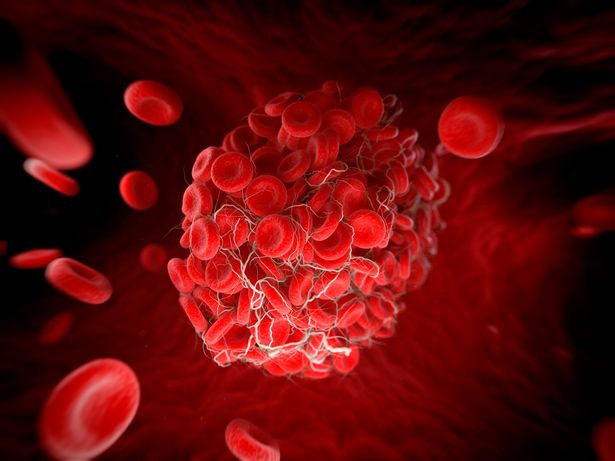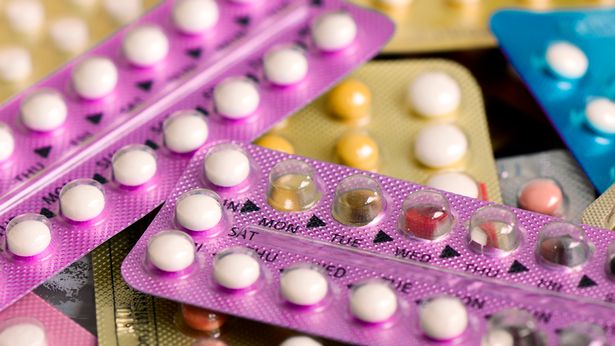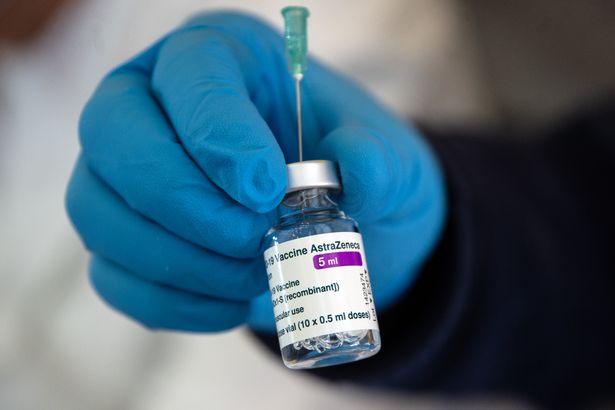Concern over blood clots in a small number of patients who have received the Oxford/AstraZeneca vaccine have led to a number of countries suspending its use.
But out of 20 million people who were vaccinated against coronavirus by the end of March in the UK, only 79 people had blood clots, and 19 people died.
It’s still not clear whether the blood clots are a genuine side effect of the AstraZeneca vaccine, or just a coincidence – but the link is getting firmer.
It has now been decided in the UK that those aged under 30 will be offered an alternative to AstraZeneca.
But the Medicines and Healthcare Products Regulatory Agency still says the benefits continue to outweigh any risks.
Nevertheless, it’s still important to be aware of the signs and symptoms of blood clots. Here is what you need to know.
What is a blood clot?

Blood clotting is an important process in the body which prevents excessive bleeding when we get a cut or an injury.
A type of blood cell called platelets and proteins in the plasma work together to stop the bleeding, and form a clot over the injury.
These will naturally dissolve after the injury has healed.
But sometimes clots can form on the inside of blood vessels without there being an obvious injury, and they don’t dissolve naturally.
These can be dangerous and require urgent treatment.
What causes blood clots?

Blood clots can be caused by a number of different things.
For example, some medications can stop platelets from signalling each other so they won’t stick together.
Some people are higher at risk of getting blood clots than others, and genetics also play a role.
Certain risk factors, such as obesity can slow the flood of blood to veins, and age can increase the body’s natural ability to clot.
Other factors which can increase your risk of developing a blood clot are pregnancy, smoking, oral contraceptives, chronic inflammatory disease, diabetes, high blood pressure, high cholesterol and more.
What are the symptoms of a blood clot?

If you think you have a blood clot, you should get advice from 111.
According to the NHS, the symptoms of a blood clot include:
- throbbing or cramping pain, swelling, redness and warmth in leg or arm
- sudden breathlessness, sharp chest pain (which may be worse when you breathe in) and a cough, or coughing up blood
Dr Amir Khan also shared symptoms people should be aware of after having the coronavirus vaccine on Good Morning Britain.

Speaking to Adil Ray and Ranvir Singh, Dr Amir said: “It is very rare these very specific blood clots in the brain, it’s common to get minimal side effects after having the vaccine such as a temperature, fevers, chills, headaches, but if your headaches persist beyond four days after having the vaccine then you should seek medical help.
“Other symptoms include blurred vision and nausea.”
The GP from Bradford appeared on GMB to discuss viewer concerns about the AstraZeneca vaccine after trials at Oxford on children were paused.
Dr Amir then warned of the more serious warning signs as they are given time to develop: “As time develops, if you don’t get treatment, that could lead on to seizures and comas.
“Headaches, blurred vision, nausea, particularly after four days is when you should seek medical help.”
He added that if you experience symptoms for any longer than four days, you should seek medical help.
